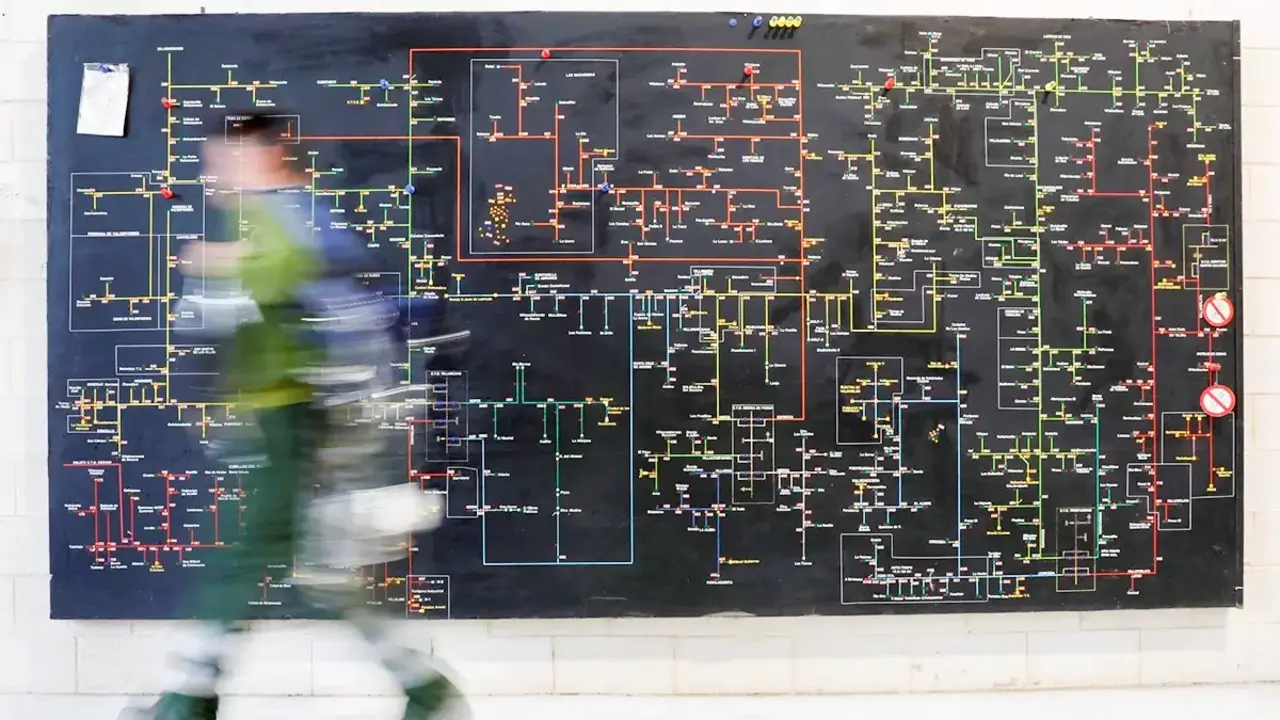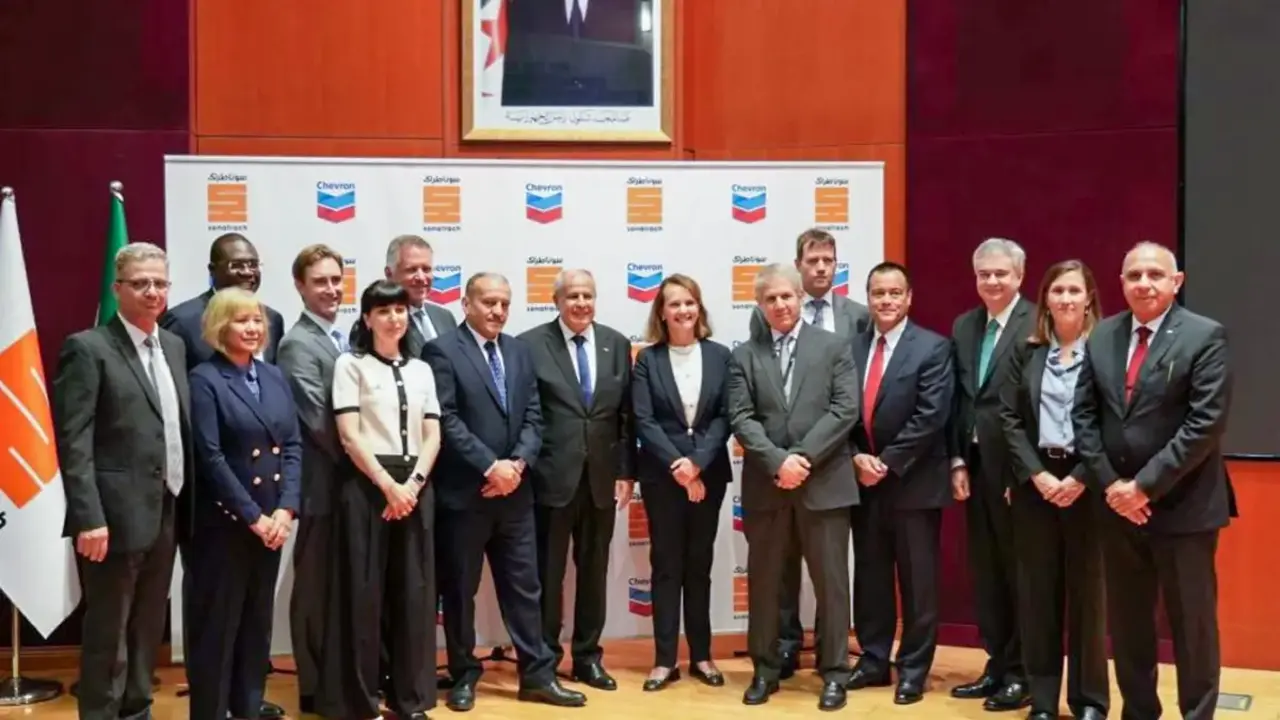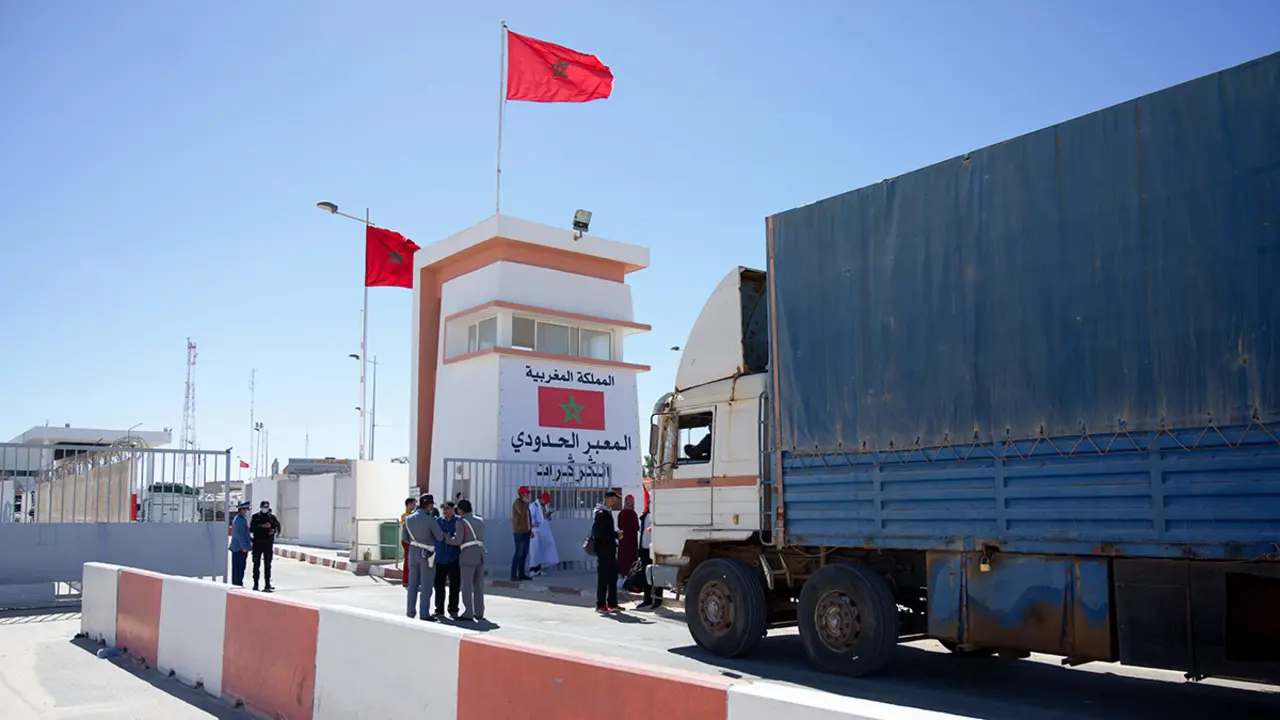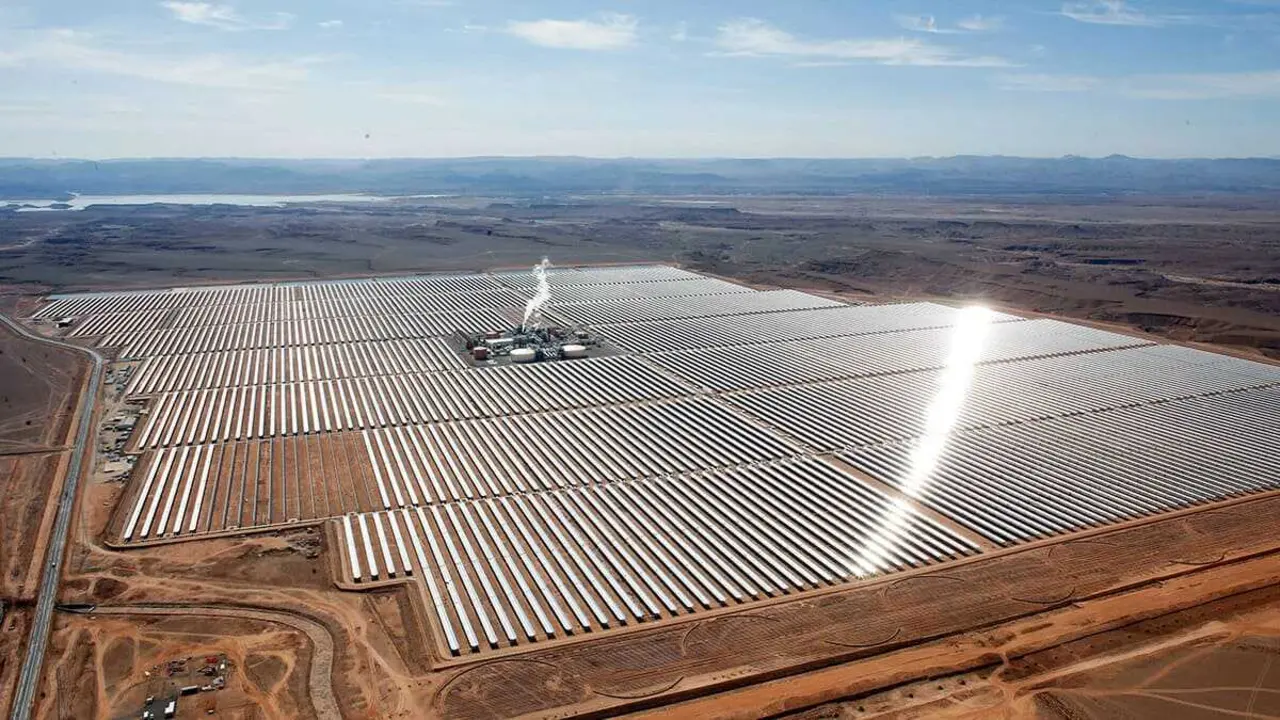Morocco is not a client, it is a strategic partner
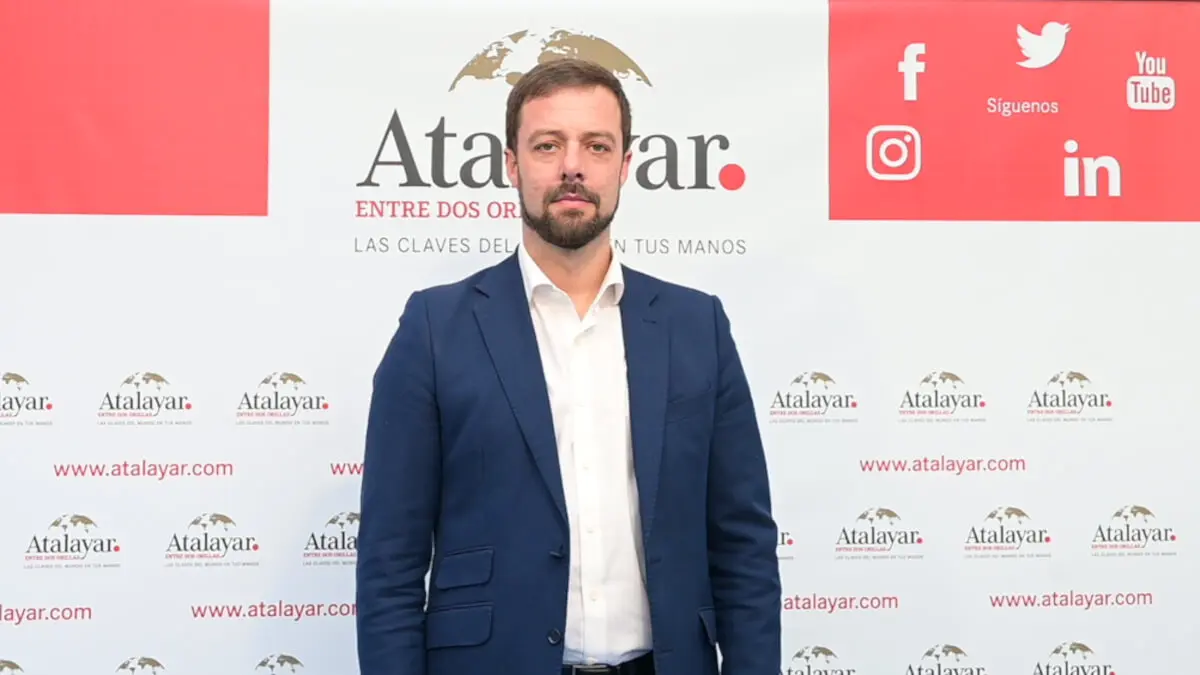
At the 22nd edition of IMEX-Madrid 2024, Ignacio Bartolomé, CEO of How2Go, explained to the readers of Atalayar, on the tenth anniversary of the company, the objectives to be developed in order to build more bridges between Spanish companies and investors with North Africa, mainly Morocco.
Ignacio Bartolomé, CEO of How2Go. More than 10 years with this company helping entrepreneurs and Spanish investors to conquer other countries. What are the main services you provide?
Indeed, we turned 10 years old in October last year, so it is an important date for us. It is important because How2Go is not a firm that only helps Spanish companies and investors, but each of our offices is both a sender and a receiver of business. So we are a multinational.
Today we have 12 offices worldwide with a strong presence in Latin America, in Africa, both in Morocco and Ivory Coast. In Europe with offices in Spain, Portugal and the United Kingdom. And then in Asia with offices in China and Hong Kong. All of them are our own offices, with our own teams that support the internationalisation of their own economies. This means that we generate a lot of work flow worldwide and that many projects can go from Morocco to Mexico, for example, or from Mexico to the UK without having to go through Spain.
It is well known that you adapt, as far as possible, to the client's needs, but what services do you mainly offer?
We are an international business development firm, that is to say, we specialise in opening up commercial opportunities for our clients. We cover the entire value chain of a company's internationalisation process. From the information area, with specialised analysts who look for information on competition, demand, technical entry processes, registrations, regulations, etc. We have a validation area where we work on the first impact on the market through agendas, trade missions... We work a lot with institutions, organisations, etc.
Then we have the strategy area, where we work a lot on these internationalisation plans, especially with large corporations that have to redesign their international structure. Our main focus is on the area of commercial development, which in the end uses the rest of the services, but with a clear objective: to open up commercial opportunities.
In parallel, we have two blocks that respond to the area of soft landing, which is all the support for setting up subsidiaries, etc. And the area of M&A (Mergers and Acquisitions) for everything related to the purchase of companies or support for inorganic growth. From each of these areas we work both in supporting international expansion and in attracting foreign investment for many countries.
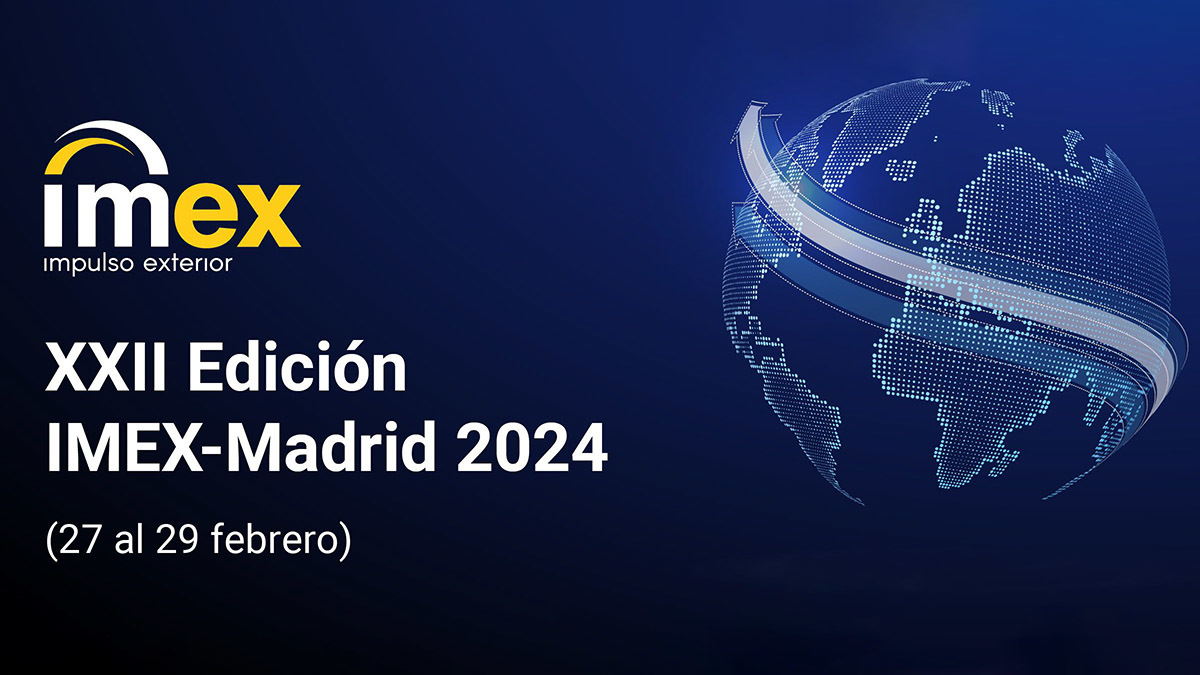
The figures for Spain in 2023 in relation to international foreign trade are very good. What characteristics do you think Spanish entrepreneurs have to be able to launch themselves, in order to achieve these results?
You have to analyse the data very carefully because, in the end, if we are talking economically, the export figures have been better. But if we talk about volume, not so much. It is true that there has been an increase in prices due to the rise in the cost of raw materials, energy, etc., so you have to analyse the data very carefully because the volume of exports has fallen, and although the total value has increased, it is due to a generalised rise in prices.
So it is not as it seems, but it is true that Spanish businessmen, especially in key sectors, have been able to respond to moments that have been really critical. We have seen this with the agri-food sector and with many sectors that have been greatly affected by all the events, above all, derived from the war in Ukraine, which we are still experiencing with increases in raw materials, international logistics, etc., and they have been able to respond to this by increasing value, placing more and more focus on the added value of their services, of their products and trying to position themselves not in a price competition, but in a competition of added value.
There is a lot to do, but we must analyse these data well and work hard to improve our positioning in geographical areas where perhaps we still have a lot to say.
We were talking about sectors. In relation to this and with the experience of the last decade, where do Spanish businessmen mainly focus their attention? Is it possible to say that one sector prevails over another, or does it depend on the country and the businessman?
In the end, we know the powerful sectors in Spain. Renewable energies, which has regained a lot of strength and is a powerful sector, the construction sector both at the level of large construction companies, engineering firms, etc. and at the level of construction materials. We also have a very strong and developed automotive sector and, of course, an agri-food sector that has a country brand driven by Spanish gastronomy.
Perhaps what we need to analyse are the geographical areas. Europe is our main client. It is obvious that the common market provides these facilities. Sometimes we even forget that markets such as Portugal, where we have an office, have great possibilities for Spanish companies, but it seems so close that we do not pay attention to it, or Latin America which, due to a language issue, has always made it easier for us to go there and to feel comfortable in Latin America, but we still have to do a bigger exercise to think that the challenge is to go where others do not go, that is where the great opportunities are and there are many markets that today are taking on an essential focus.
For example, the Middle East, which is a very important market; Saudi Arabia, United Arab Emirates, etc., is a really interesting focus.

Which countries are emerging now?
There are many that are emerging and with a desire to do new things and where they understand quality as an important point. There you are no longer going to compete with a Chinese product, but they are going to want the best product, because they are able to pay for it. We have a geographical area such as the whole of Southeast Asia, ASEAN as a whole, with an enormous growth, which is why we recently opened our office in South Korea to try to support companies in these movements.
I think the Spanish businessman has to start saying that, although it is not as comfortable as going to Latin America where they speak my language, I have to learn to go to other places.
At IMEX, in one of the conferences, you talked about Morocco and the 2030 World Cup and the possibilities and opportunities that will arise. Do you also have any success stories in Morocco?
We have had an office in Casablanca for eight years. Morocco is a sister country. I have had a family home there since I was a child, so I know it and have enjoyed it both personally and professionally. It is a country where there are great opportunities to do things. We must not forget that, for Morocco, Spain is its main trading partner in terms of both exports and imports. For us, it is our main trading partner in Africa and the natural gateway to the African continent. We really knew how to position ourselves there, we had magnificent success stories, for example, with the Government of the Canary Islands we worked on designing a collaboration project between Canary Islands and Moroccan companies to develop projects and public tenders in Africa, taking into account the know-how of the Spanish company plus the presence, positioning and regional presence of the Moroccan company, and we have generated good collaborations.
We work in Morocco to represent IFEMA, of which we are the official representatives. Thus, we coordinate the presence of major Moroccan institutions at trade fairs in Madrid. As How2Go we are official collaborators of the Moroccan Government in the area of promotion and attracting foreign investment. The truth is that our presence there is solid and I believe that the visit last week of our Prime Minister announcing an investment plan of 45,000 million euros further consolidates that the presence of Spanish companies has to be there and not see Morocco as a client but as a strategic ally that will open the doors of a continent that is no longer a future, but a present, such as the African continent.
What are How2Go's main challenges for the next 10 years?
I think our main challenge is to continue to increase our international presence. Today we already have 12 offices around the world, but we have to continue to increase our capacity to serve our clients in different geographical areas. One of our great challenges is to jump on the bandwagon of innovation and technology, in which we are already immersed. This will change and is changing the way we do business. Now artificial intelligence, new resources... is a strategic area within How2Go with a clear focus and where we know that, through these areas, we will be able to approach other international growth models that our clients will have, which is where we have to be.
Let's not forget that artificial intelligence is going to be a great tool, but there has to be someone who knows how to handle it. There has to be a personal intelligence that knows how to use these tools in which there are many advantages, so we as How2Go are committed to this and we are carrying out projects that are giving good results.


